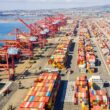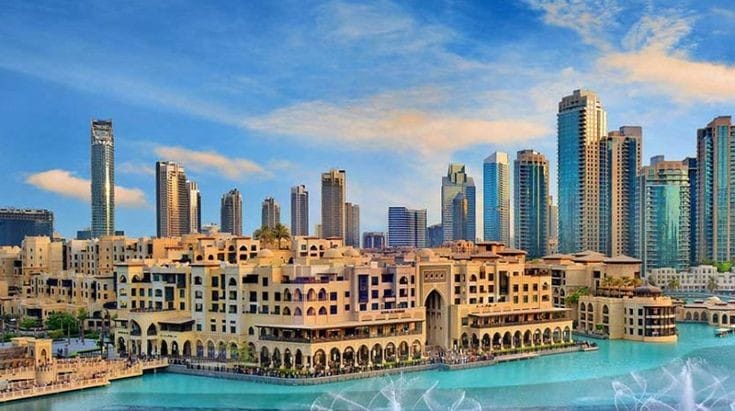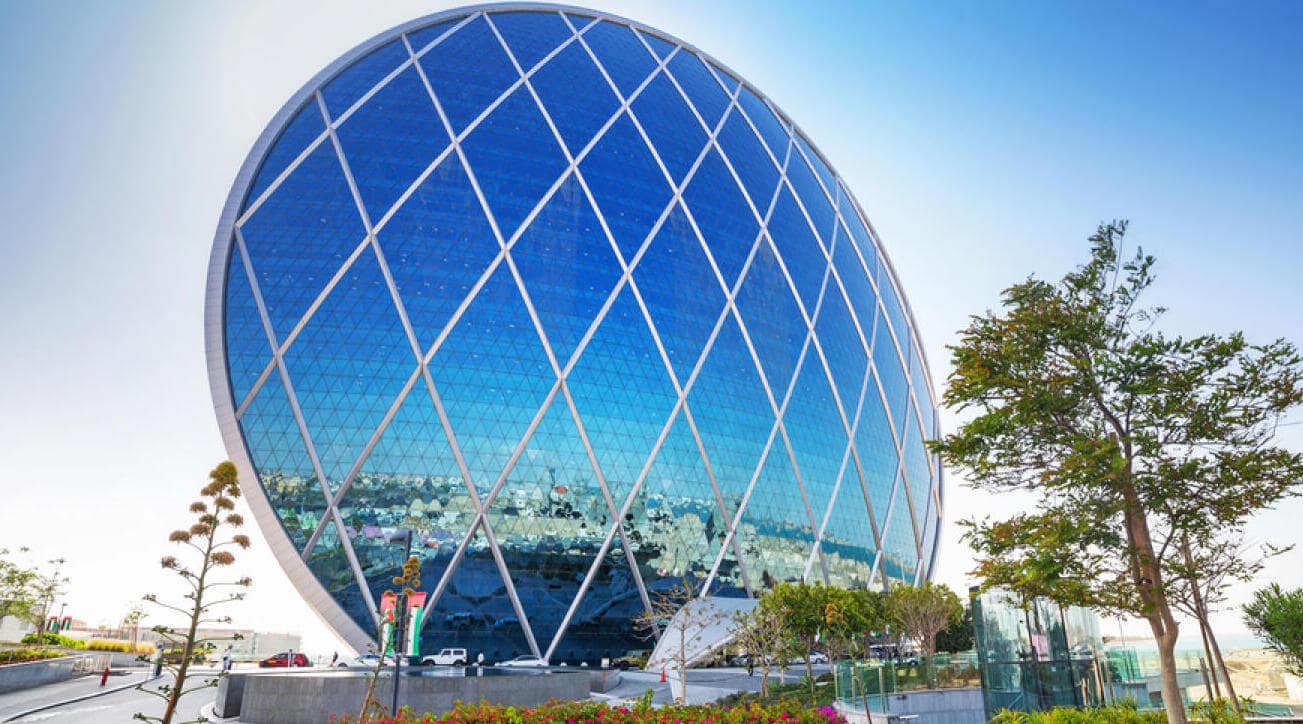Dubai’s real estate market has been a significant contributor to the city’s economy, with an increasing number of people seeking to invest in the property market. Despite the market’s fluctuations, Dubai continues to attract investors from all over the world. This article will provide an overview of Dubai’s real estate market, including current trends, challenges, and opportunities for investors, buyers, and sellers.
Dubai’s real estate market has seen significant growth over the years, fueled by the city’s rapidly expanding population and its position as a global business hub. According to a report by Knight Frank, Dubai’s real estate market has remained resilient despite the COVID-19 pandemic’s impact, with the city’s property prices remaining relatively stable compared to other global markets. In 2020, the total value of real estate transactions in Dubai reached AED 72.5 billion, a 20% increase from the previous year.
One of the trends in Dubai’s real estate market is the increasing demand for affordable housing. In response, the Dubai government has launched several initiatives to increase the supply of affordable housing in the city, including the Mohammed Bin Rashid Housing Establishment and the Dubai Affordable Housing Strategy. This strategy aims to build 15,000 affordable homes by 2021 and provide housing for low-income families.
Another trend in Dubai’s real estate market is the shift towards sustainable and eco-friendly properties. Developers are increasingly investing in green buildings, which are designed to be energy-efficient and environmentally friendly. The Dubai government has also launched the Dubai Green Building Regulations and Specifications, which mandate developers to meet certain sustainability standards in their projects.
However, the real estate market in Dubai also faces challenges, including oversupply and market fluctuations. Developers have faced issues with oversupply in some areas, leading to a drop in property prices. Additionally, the COVID-19 pandemic has had a significant impact on the market, with many buyers and sellers taking a cautious approach.
Despite the challenges, Dubai’s real estate market still presents several opportunities for investors, buyers, and sellers. One opportunity is the potential for high returns on investment. Dubai’s rental yields are relatively high compared to other global markets, providing investors with attractive rental income.
Another opportunity is the availability of off-plan properties, which are properties that have yet to be completed. These properties often come at a lower price, making them an attractive investment option for buyers looking for lower entry costs.
Finally, Dubai’s real estate market is also known for its luxury properties, with developers investing in high-end projects that cater to the city’s affluent residents and tourists. Luxury properties in Dubai are often seen as a safe investment, with the potential for high returns and capital appreciation.
In conclusion, Dubai’s real estate market has seen significant growth over the years, fueled by the city’s rapidly expanding population and its position as a global business hub. While the market faces challenges, including oversupply and market fluctuations, there are still opportunities for investors, buyers, and sellers, particularly in the areas of affordable housing, sustainable properties, and luxury real estate.










